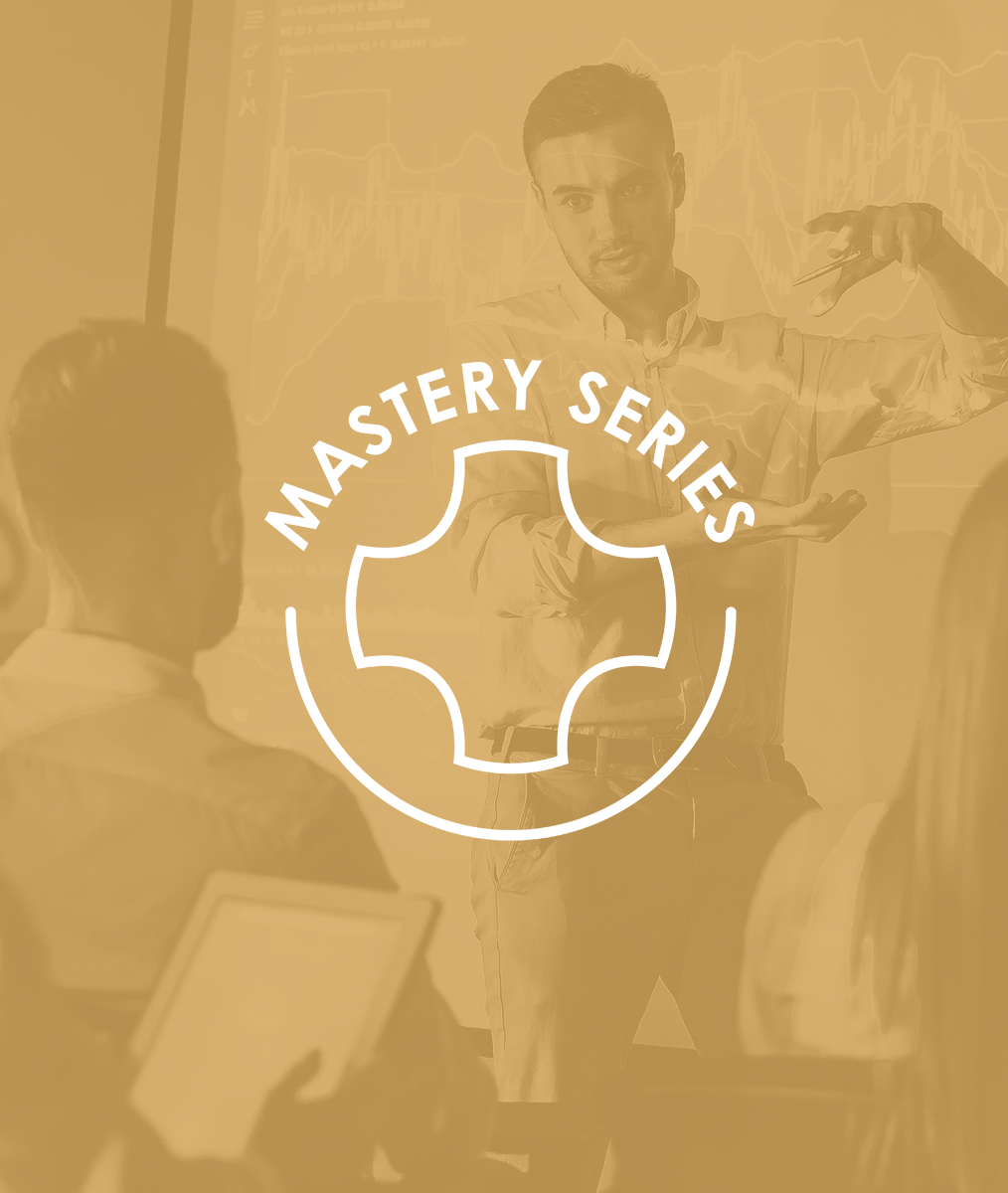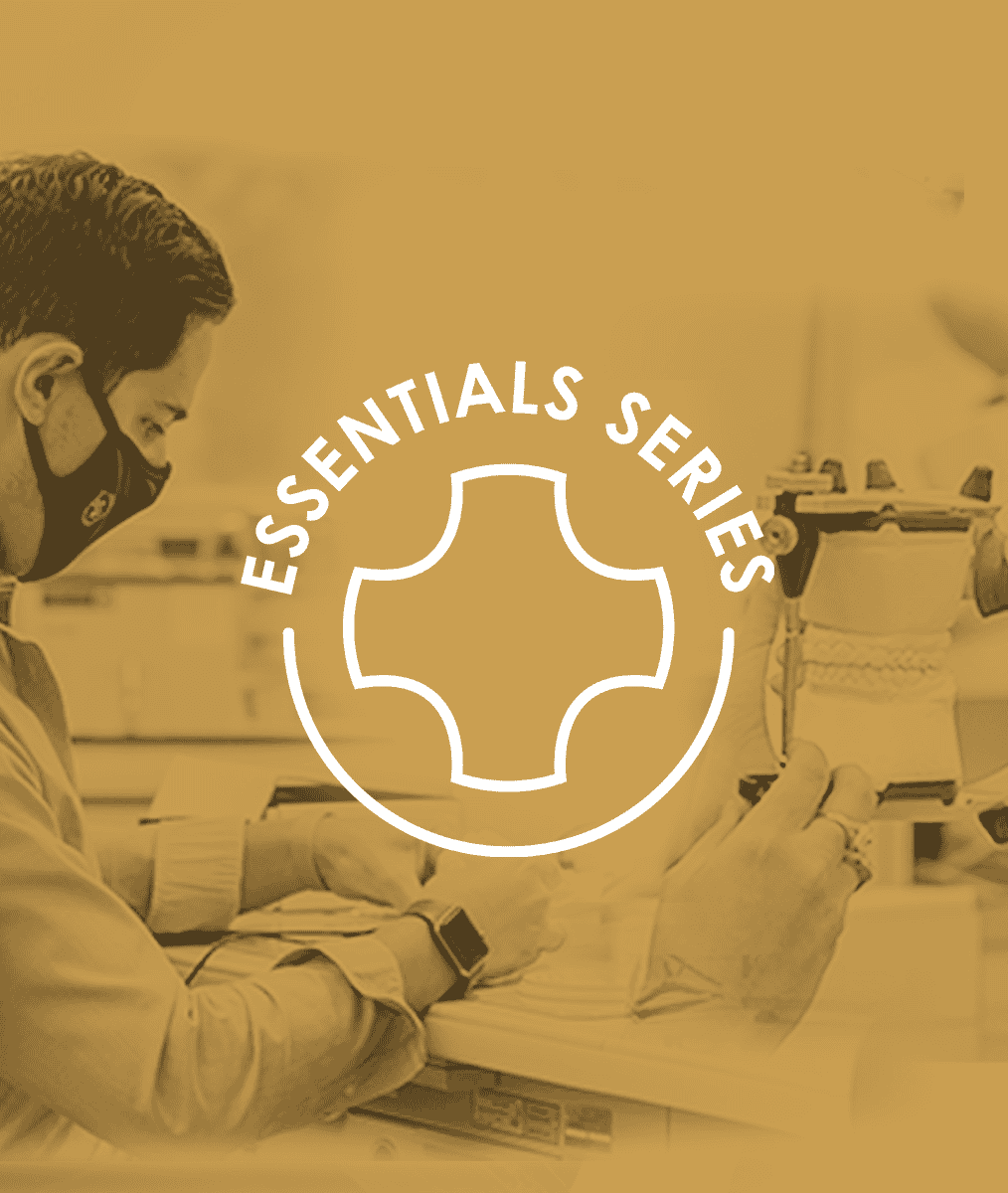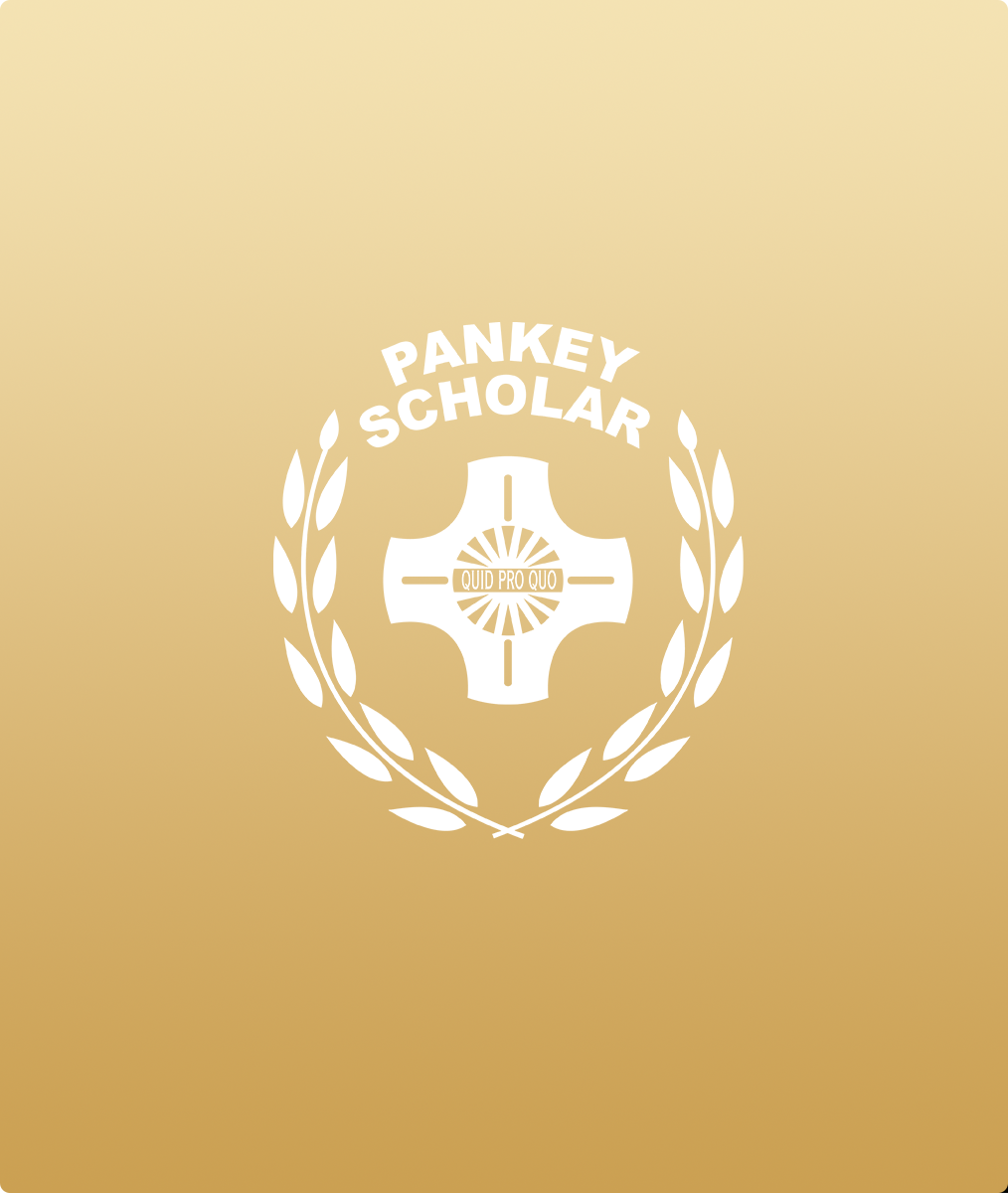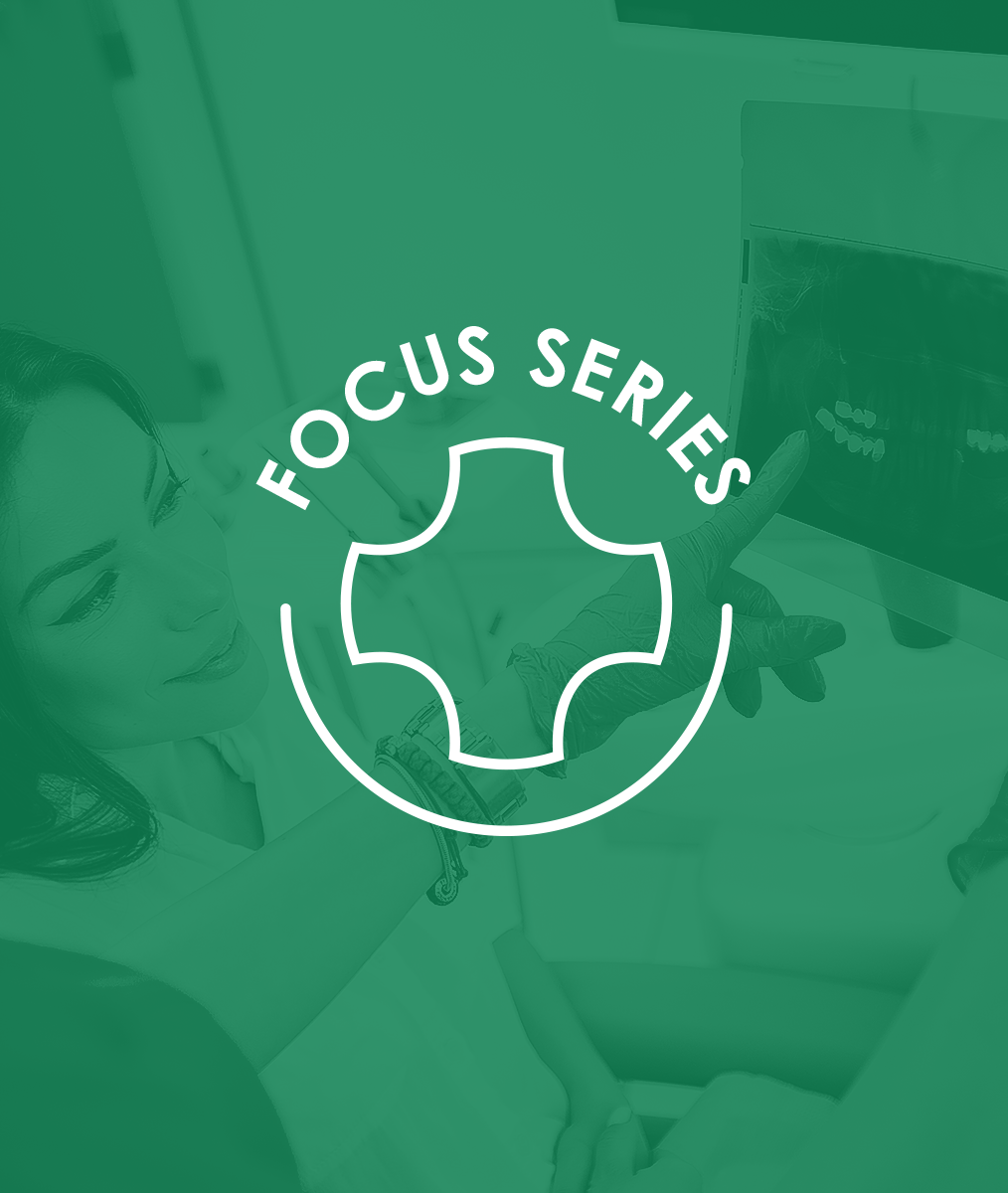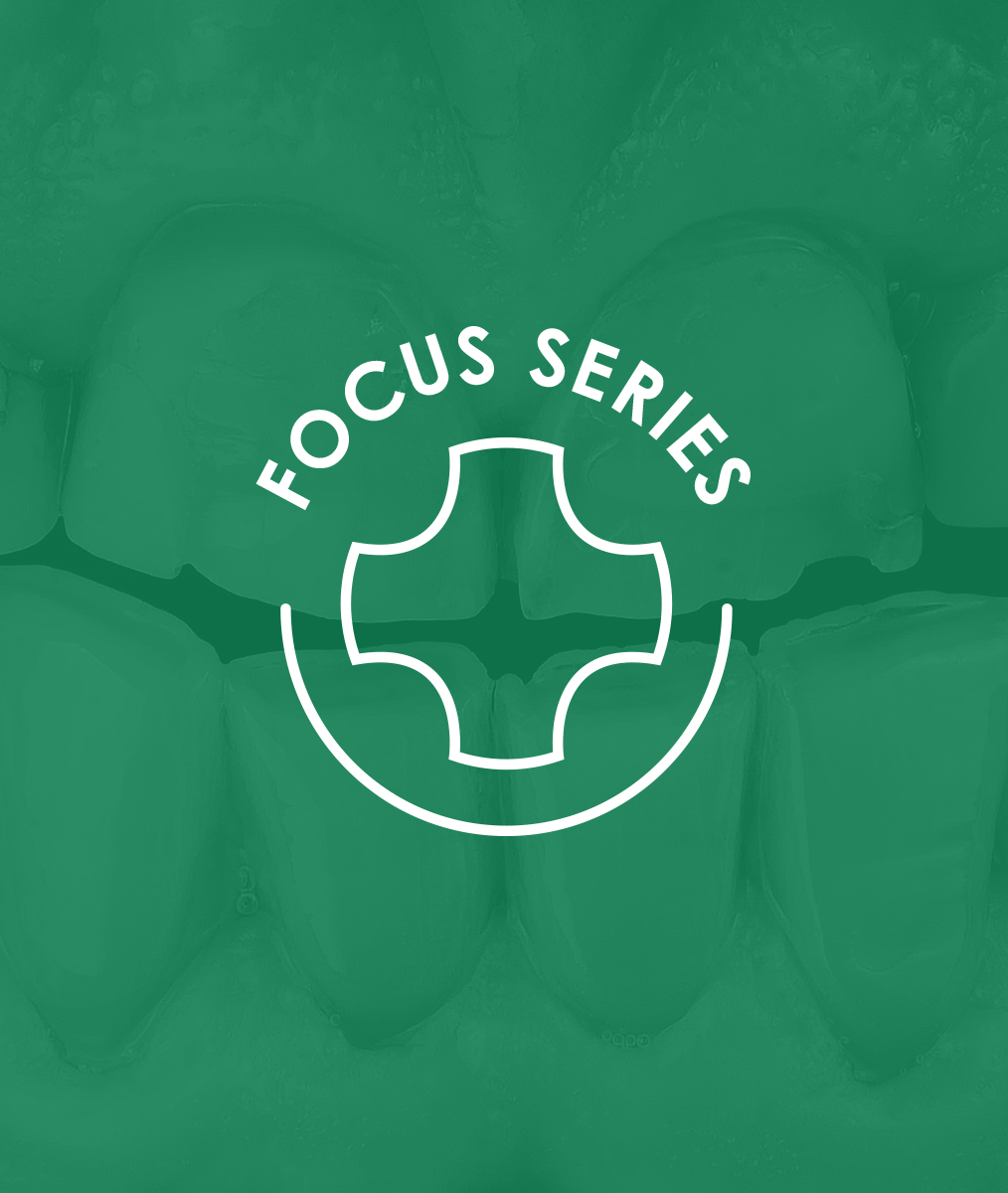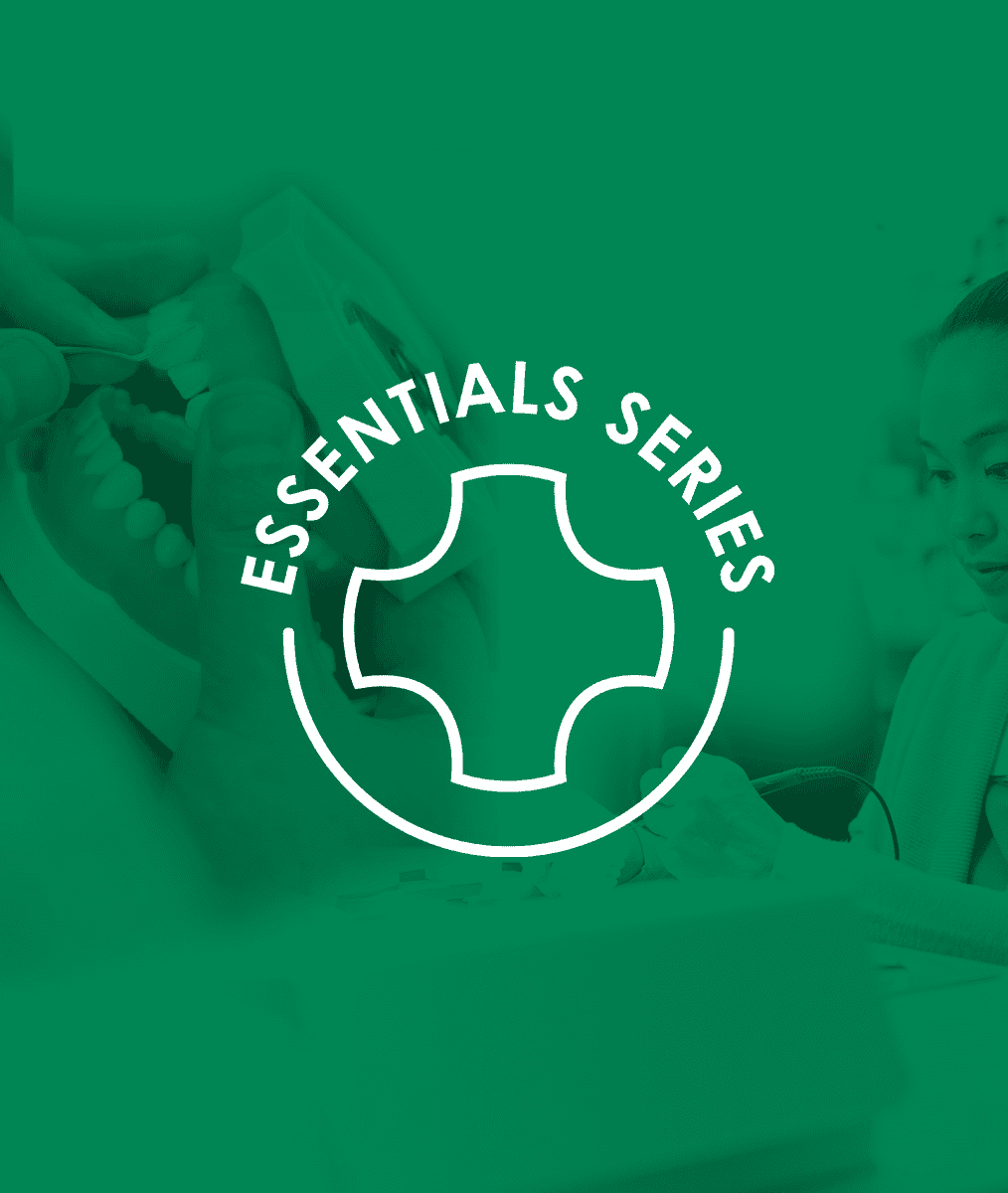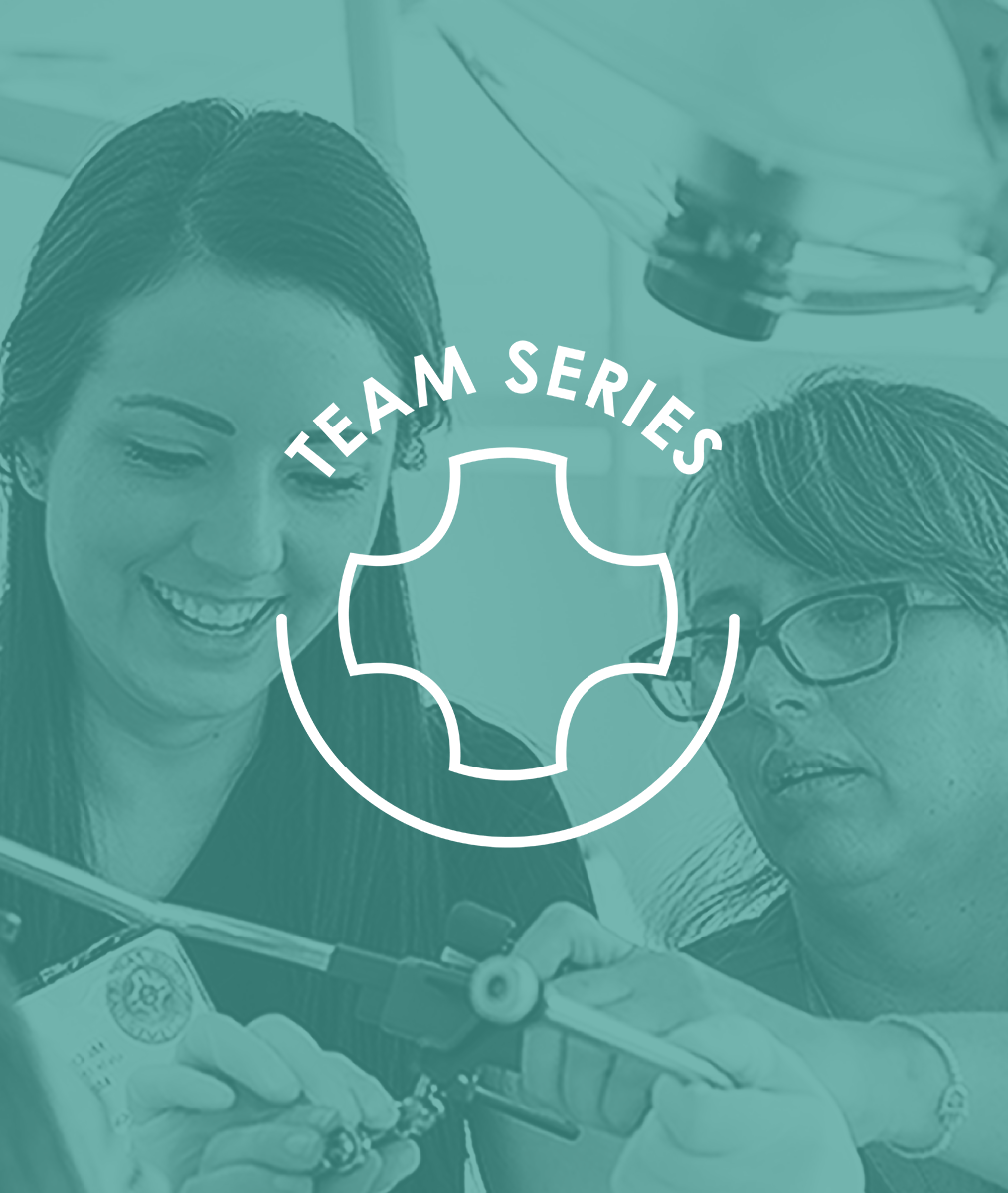Trust in Relationship-Based Practices
What is trust and why does it matter in the relationship-based practice?
Writer and public speaker Steven M. R. Covey says that trust is the one thing that changes everything. Trust lives at the intersection of competence and character. In other words, great skills alone are not enough because you might use them to benefit yourself and not your patient/client.
Trust in Relationships
Character alone is not enough because you might not be able to deliver great clinical results. When character and competence are both present, then what is possible within that professional relationship becomes different.
A strategy to establish and build high trust working relationships in a professional practice is equally as essential as developing high clinical competency. In fact, they are synergistic and will provide energy for one another.
Trust then is not just a philosophical construct. It is not just a means to bring your personal mission to life. It is also a critical business strategy in building a relationship-based professional practice. This is the face of the trust that lives between a dentist and their patient.
Strong Leadership
Much research has shown observable trust to be the number one factor in a patient’s decision to trust the practice as a whole and the dentist in particular. This is simply a measurable function of leadership and the culture that results when great leaders are at their best.
A high performing leader will have strong relating competencies, high integrity, courageous authenticity, self-awareness, and a focus on achievement. These competencies will attract like-minded team members, establishing a culture of respect, appreciation, accountability, and trust.
When this happens, trust will flow in both directions and be visible and experienced by all. This entire process is nonlinear. It is very interdependent and, by necessity, simultaneous. Much like each biochemical system in a cell is necessary for proper cellular function, each complex biochemical unit is also necessary for the other systems to form in the first place. Together, they ensure the entire cell functions properly.
Similarly, while the dynamics of respect, trust, appreciation, and accountability are essential ingredients to establish a healthy practice culture, they also rely on one another to sustain a successful system. They are necessary for the entire practice to function at its best.
Check out this article for quick and easy body language tips that develop trust! What’s your take on this oft-debated topic?
Related Course
Mastering Business Essentials
DATE: August 7 2025 @ 8:00 am - August 15 2025 @ 12:00 pmLocation: The Pankey Institute
CE HOURS: 22
Regular Tuition: $ 3295
Single Bed with Ensuite Bath: $ 345
The Blueprint for Running a Practice with Long-Term Growth Dr. Pankey’s original philosophy encouraged dental professionals to be proficient in 3 specific areas: technical mastery, behavioral excellence and business savvy….
Learn More>






